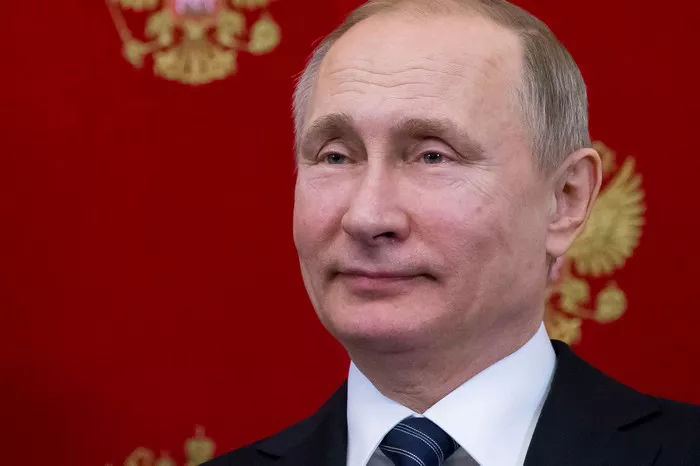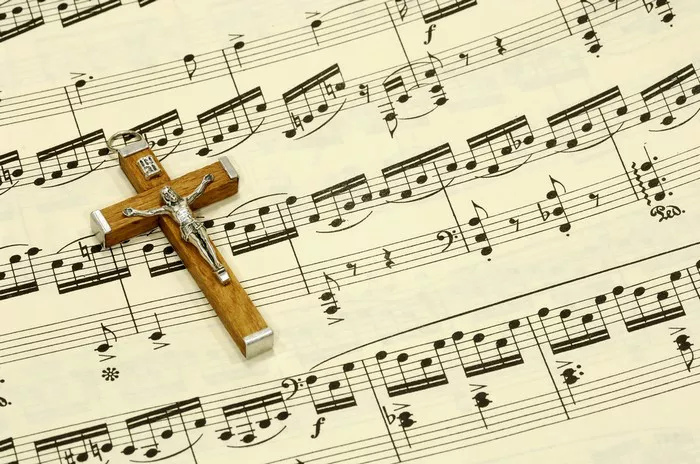In the realm of global wealth, intrigue often surrounds the question of who holds the title of the richest person in the world. With numerous billionaires dotting the landscape of international finance, the quest to identify the wealthiest individual is a topic of perennial interest. However, amidst the speculation and conjecture, one name frequently emerges with an aura of mystery and controversy: Vladimir Putin. The enigmatic leader of Russia has long been rumored to possess immense personal wealth, leading many to question whether he indeed holds the coveted title of the richest person on the planet.
Unraveling the Mystery
Vladimir Putin, the President of Russia since 1999, has wielded significant influence over the geopolitical landscape for more than two decades. Yet, beyond his political power, persistent rumors have swirled regarding his personal fortune. Speculation about Putin’s wealth has ranged from conservative estimates in the billions to sensational claims of hidden assets worth hundreds of billions of dollars. However, pinning down the exact extent of Putin’s wealth proves to be a daunting task, shrouded in secrecy and speculation.
The Origins of Putin’s Wealth
Understanding the origins of Vladimir Putin’s purported wealth requires delving into his background and the intricacies of Russia’s political and economic landscape. Born in Leningrad (now Saint Petersburg) in 1952, Putin rose through the ranks of the Soviet security apparatus before transitioning into politics during the tumultuous years following the collapse of the Soviet Union.
Putin’s ascent to power accelerated rapidly in the late 1990s when he served as director of the Federal Security Service (FSB) and later as Prime Minister under President Boris Yeltsin. In 1999, Yeltsin appointed Putin as his successor, launching Putin into the presidency and solidifying his grip on Russian politics.
During his tenure as president, Putin’s government oversaw the privatization of state-owned assets, leading to the emergence of a cadre of oligarchs who amassed vast fortunes through strategic acquisitions of state enterprises. Although Putin publicly condemned the excesses of the oligarchs, his administration’s policies facilitated their rise to prominence, raising questions about the extent of his involvement in Russia’s oligarchic system.
The Oligarchs and Putin’s Alleged Wealth
Central to the speculation surrounding Putin’s wealth is his purported relationship with Russia’s oligarchic elite. While Putin has publicly denounced the influence of oligarchs on Russian politics, critics argue that he maintains close ties with select individuals who have profited immensely from their connections to the Kremlin.
Notable figures such as Roman Abramovich, owner of Chelsea Football Club, and Arkady Rotenberg, a childhood friend of Putin, are frequently cited as examples of oligarchs with close ties to the Russian president. Through strategic investments and lucrative government contracts, these oligarchs have amassed vast fortunes, leading to speculation about their potential role in facilitating Putin’s alleged wealth accumulation.
Furthermore, allegations of corruption and cronyism have dogged Putin’s administration, with critics accusing him of using his position of power to enrich himself and his inner circle. High-profile cases such as the Magnitsky affair, which exposed widespread corruption within the Russian government, have fueled suspicions about Putin’s personal involvement in illicit financial activities.
The Panama Papers and Offshore Wealth
In 2016, the release of the Panama Papers, a trove of leaked documents from the Panamanian law firm Mossack Fonseca, shed further light on the opaque world of offshore finance and its potential links to Putin and other world leaders. The documents revealed a network of offshore companies and shell corporations allegedly used by Putin’s associates to conceal vast sums of wealth.
Among the revelations were allegations that close associates of Putin, including cellist Sergei Roldugin and businessman Arkady Rotenberg, controlled offshore companies with assets worth billions of dollars. While Putin himself was not directly implicated in the Panama Papers, the revelations cast a shadow over his administration and fueled speculation about the extent of his personal wealth.
Estimating Putin’s Wealth: A Conundrum
Despite the numerous allegations and revelations surrounding Putin’s wealth, estimating his net worth remains an exercise in speculation and conjecture. Unlike many billionaires whose wealth is tied to publicly traded companies or visible assets, Putin’s alleged fortune is shrouded in secrecy, making it difficult to ascertain its true extent.
Various estimates of Putin’s wealth have emerged over the years, ranging from conservative figures in the tens of billions to sensational claims exceeding $200 billion. However, the lack of transparency surrounding Putin’s financial affairs makes it challenging to verify these estimates, leading to a wide disparity in the figures cited by different sources.
One commonly cited source of Putin’s wealth is his alleged ownership of substantial stakes in Russian energy companies such as Gazprom and Rosneft. As president, Putin wields significant influence over these state-controlled enterprises, raising questions about the extent of his personal stake in their operations.
Additionally, allegations of hidden assets and offshore holdings have further clouded the picture of Putin’s wealth. The use of shell companies and complex financial structures makes it difficult to trace the flow of funds and identify the true beneficiaries of these arrangements, leaving room for speculation and conjecture.
Putin’s Response: Denials and Deflections
In response to allegations of vast personal wealth, Putin has consistently denied any wrongdoing and dismissed claims of his involvement in illicit financial activities. In public statements, Putin has portrayed himself as a modest public servant dedicated to serving the Russian people, downplaying suggestions of personal enrichment.
Moreover, Putin has sought to deflect attention from allegations of corruption and cronyism by pointing to similar practices in Western countries and emphasizing Russia’s sovereignty in economic matters. By framing criticism of his administration as politically motivated attacks orchestrated by foreign adversaries, Putin has sought to maintain popular support and deflect attention from allegations of wrongdoing.
However, skepticism regarding Putin’s denials remains widespread, with critics pointing to the lack of transparency surrounding his financial affairs as evidence of potential wrongdoing. The absence of independent oversight and accountability mechanisms in Russia’s political system further complicates efforts to hold Putin and his inner circle accountable for alleged abuses of power.
Conclusion
In the murky world of international finance, the true extent of Vladimir Putin’s wealth remains a subject of speculation and intrigue. Allegations of corruption, cronyism, and illicit financial activities have dogged Putin’s administration for years, raising questions about the sources of his purported wealth and the extent of his personal enrichment.
While Putin has consistently denied allegations of wrongdoing and sought to deflect criticism, the lack of transparency surrounding his financial affairs only serves to fuel suspicions about his true motivations and intentions. As Russia’s longest-serving leader since Joseph Stalin, Putin’s grip on power appears unassailable, despite mounting challenges from domestic opposition and international condemnation.
Ultimately, the question of whether Vladimir Putin is the richest person in the world may never be definitively answered. However, the persistent rumors and allegations surrounding his wealth underscore the complexities of modern geopolitics and the enduring allure of power and influence in the pursuit of personal enrichment. As long as Putin remains at the helm of Russian politics, the mystery of his wealth is likely to remain an enigma, tantalizing observers and fueling speculation for years to come.

























